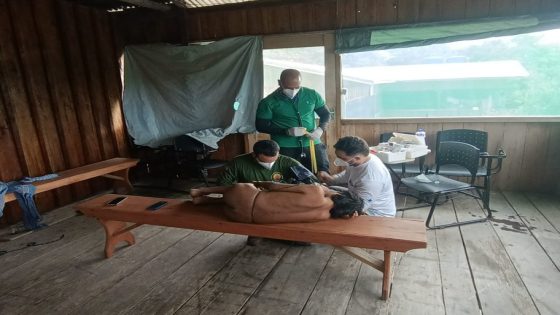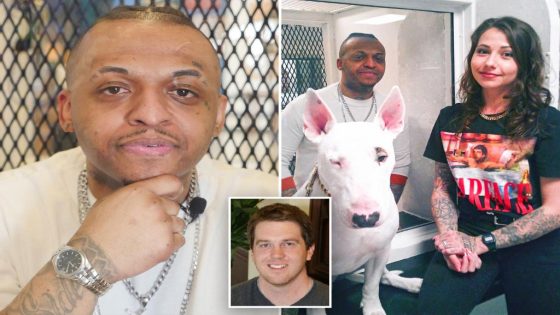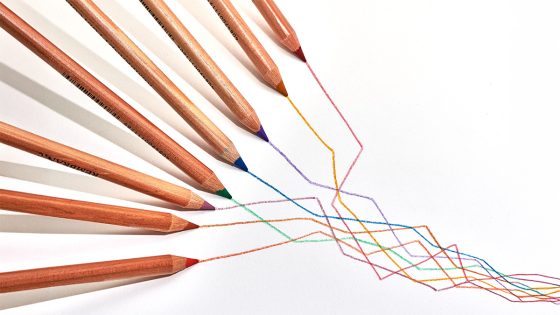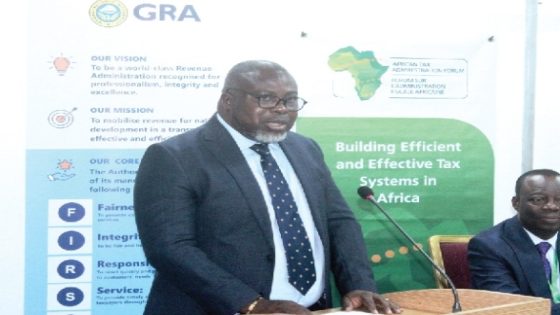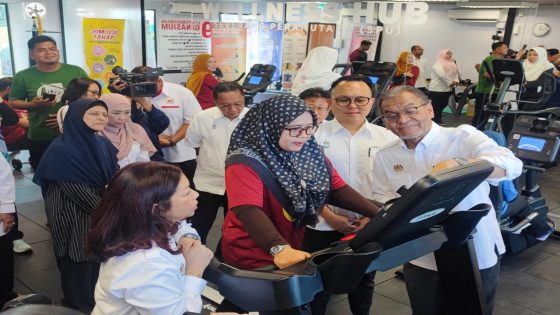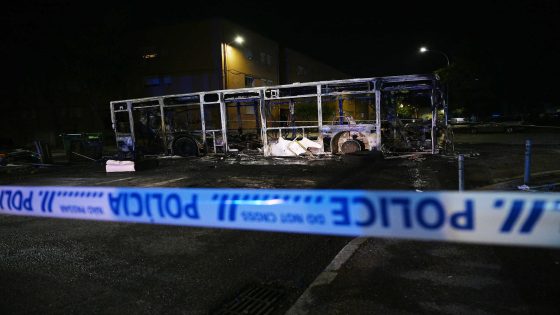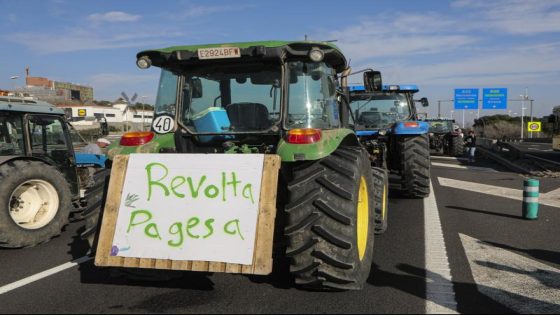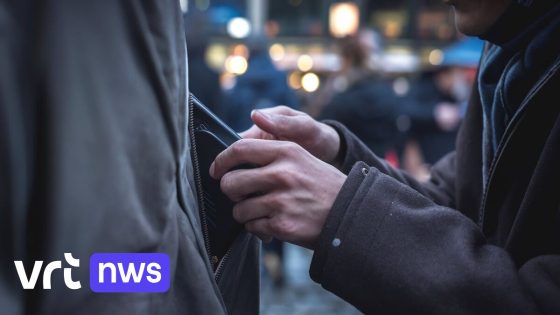On February 15, 2025, the National Foundation of Indigenous Peoples (Funai) reported a significant interaction with an isolated indigenous individual in the Mamoriá Grande Indigenous Territory in the Amazon. This event raises important questions about the safety and health of isolated tribes in Brazil.
- Funai updates on isolated indigenous interaction
- Voluntary contact occurred on Wednesday (12)
- Health teams conducted sanitary control measures
- Indigenous individual returned safely to Bape
- Covid-19 testing conducted for local population
- Immunization action planned for vaccination coverage
Could this encounter lead to better protection measures for these vulnerable communities? Funai’s proactive approach highlights the need for ongoing support and monitoring of indigenous peoples.
Funai Takes Action to Protect Isolated Indigenous Individuals in Brazil
What happens when isolated indigenous people come into contact with the outside world? This is a pressing concern for Funai, which is actively working to ensure the safety and health of isolated tribes. Following a voluntary interaction with an indigenous person on February 12, Funai and Sesai mobilized teams to the region to conduct health assessments and implement safety protocols.
Health Monitoring and Community Safety Measures in Mamoriá Grande
In light of the recent interaction, Funai and Sesai have established a comprehensive health monitoring plan. This initiative is vital for preventing potential health risks to the isolated individual and the local population. Key actions include:
- Conducting COVID-19 testing for the local population.
- Providing clinical evaluations for those showing symptoms.
- Planning vaccination campaigns to address coverage gaps.
- Ensuring continuous monitoring of the situation by field teams.
Understanding the Importance of Indigenous Health Protection
Why is it crucial to protect the health of isolated indigenous individuals? These communities are particularly vulnerable to diseases due to their lack of immunity to common infections. Funai’s efforts to conduct health assessments and implement safety measures are essential in safeguarding their well-being. By prioritizing health, Funai aims to prevent outbreaks that could devastate these populations.
Future Steps for Indigenous Community Support
What lies ahead for the Mamoriá Grande Indigenous Territory? Funai and Sesai are committed to ongoing monitoring and support. Their future plans include:
- Regular health assessments of the local population.
- Engaging with the community to raise awareness about health practices.
- Collaborating with regional and national organizations for enhanced support.
In conclusion, the recent interaction with an isolated indigenous individual in Mamoriá Grande highlights the importance of protective measures and health monitoring. Funai and Sesai’s proactive response serves as a model for how to effectively support vulnerable indigenous communities in Brazil.



